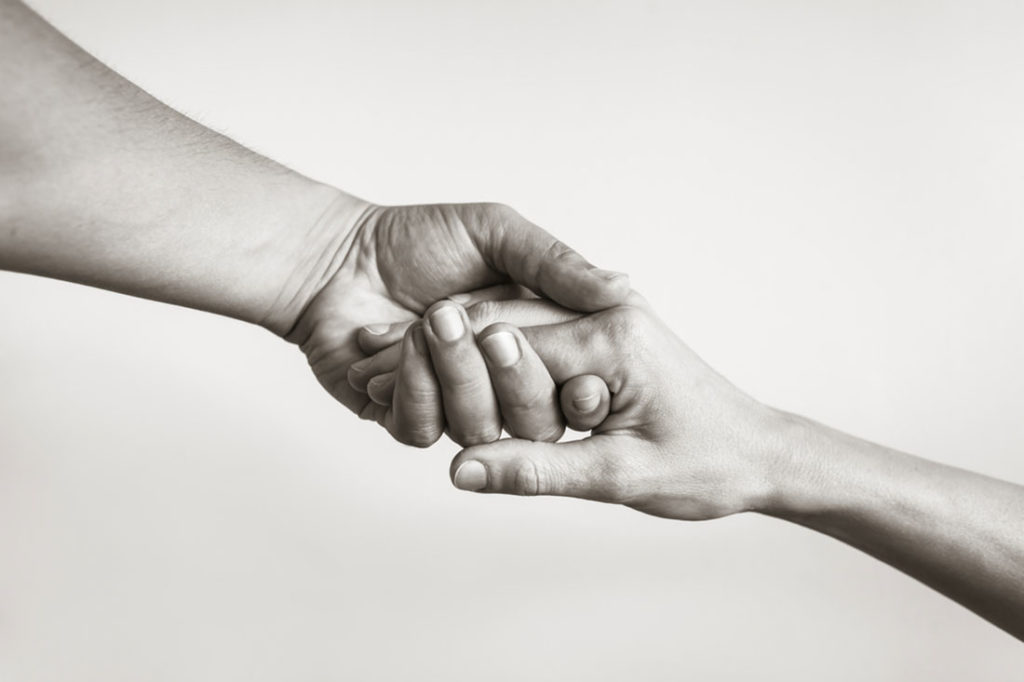
The best way to destroy an enemy is to make him a friend.
This was a key idea of Abraham Lincoln’s that Coach Wooden mentioned often. In his book A Game Plan for Life with Don Yeager, Coach describes the president’s impact on him:
At the end of the Civil War, President Lincoln was questioned on his reparations and reconstruction policy for the South, which many Northern lawmakers saw as far too generous.
When they protested that he was supposed to destroy his enemies rather than to befriend them, Lincoln famously answered, “Am I not destroying my enemies when I make friends of them?”
Lincoln’s example of reaching out to former enemies through acts of compassion made me radically reconsider the way I reacted toward those opposed to me.
The famous closing remarks of his second inaugural address still move me, as he urged Americans:
“With malice toward none, with charity for all … let us strive on to finish the work we are in, to bind up the nation’s wounds, to care for him who shall have borne the battle and for his widow and his orphan, to do all which may achieve and cherish a just and lasting peace among ourselves and with all nations.”
With malice toward none—what a noble goal for us all to hold in our lives! The country was in the midst of an internal conflict that tore apart families and tore the very fabric of our nation apart at the seams; yet Lincoln’s concern was that no one should carry resentment, grudges or ill will toward his neighbors for any disagreement.
Mahatma Gandhi was another person Coach Wooden studied and had great admiration for.
General Jan Christiaan Smuts was a prominent South African and British Commonwealth statesman, military leader and philosopher. He was a supporter of racial segregation and white minority rule. He was Gandhi’s fiercest opponent in South Africa.
It was only in 1914 that Gandhi was able to negotiate a lasting compromise, the Smuts-Gandhi agreement. The relationship between Smuts and Gandhi ended in an act of supreme generosity: Gandhi presented Smuts with a pair of sandals that he had learned to make at Tolstoy Farm, and which Smuts used late into his life.
Gandhi described it this way:
It is the acid test of nonviolence that in a nonviolent conflict there is no rancor left behind, and in the end the enemies are converted into friends.That was my experience in South Africa with General Smuts. He started with being my bitterest opponent and critic. Today he is my warmest friend…
It is not nonviolence if we merely love those that love us. It is nonviolence only when we love those that hate us. I know how difficult it is to follow this grand law of love. But are not all great and good things difficult to do? Love of the hater is the most difficult of all. But by the grace of God, even this most difficult thing becomes easy to accomplish if we want to do it.
Related: The Most Important Thing Is Love
Photo by KieferPix/Shutterstock.com







